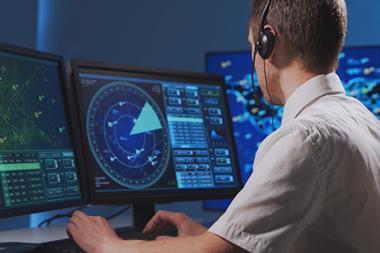 There is nowhere to turn in the vehicle logistics sector without encountering ‘digital transformation’, whether related to autonomous and connected vehicles, or optimising data.
There is nowhere to turn in the vehicle logistics sector without encountering ‘digital transformation’, whether related to autonomous and connected vehicles, or optimising data.
The EU transport commissioner, Violeta Bulc, recently told members of the Association of European Vehicle Logistics (ECG), that only companies who improved digital connections, whether in collecting data or in filing legal documents, would survive in the transport sector. In China, carmakers and logistics providers are looking to digital systems to help improve logistics flows as the industry grapples with a loss of truck capacity following new equipment regulations.
Interest in tracking vehicles using in-car telematics is also gathering pace. In Europe, ECG has working groups with several carmakers exploring how best to use the technology and to standardise protocols. In the US, carmakers such as FCA think telematics and other types of in-car systems will become an important means of tracking vehicles.
But not all firms are ready to re-engineer their systems and commit investment to this technology. Some executives think such real-time data is overkill and of little value to customer delivery; better to focus on meeting promised delivery dates rather than to ping location data every few minutes. Still others see room for technology such as RFID, which may not be as automated or advanced, but can still offer significant benefits. In the US, WWL and Nissan are installing RFID tags at a vehicle yard in Mississippi, for example.
This divide is partly caused by the fact that digitalisation takes many forms, from settling paperwork electronically, to more ambitious, if not nebulous notions of big data and predictive analytics. It is encouraging when companies think big, and investigate ways to truly transform their operations. However, given that many aspects of vehicle logistics capacity planning and volume tracking are still done using spreadsheets, emails or even faxes, companies would be wise to set attainable goals as well as looking to the future.
In Europe, a good start would be for more countries to implement legislation that already exists for electronic shipping documents. In the US and elsewhere, gaps in communication between transport modes could be eliminated with mobile technology. Small gains today can add up to bigger wins down the line, while nothing should stop more transformative projects being pursued. Telematics equipment is a good place to start, considering it is increasingly common in cars (and, soon, will be mandated by law). Why not make the best of what you have?






















